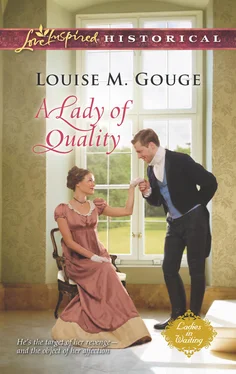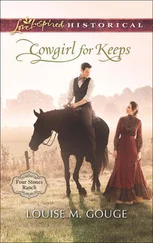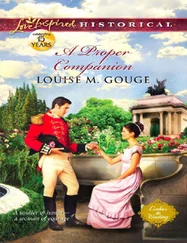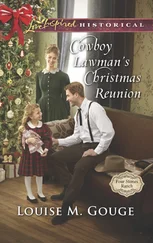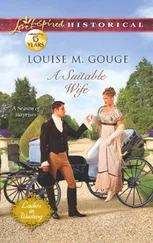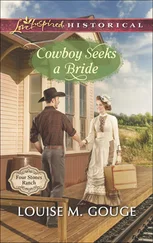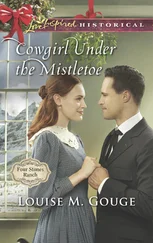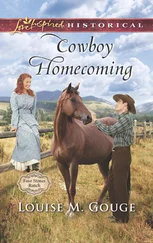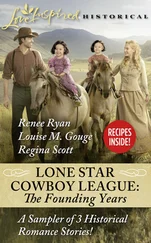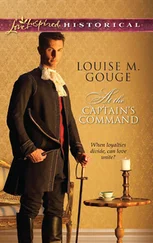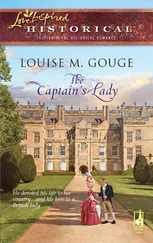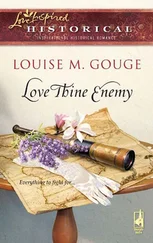FALLING FOR THE ENEMY
Miss Catherine Hart may be merely a paid companion, but she’s the loveliest creature baron Lord Winston has ever encountered. The only obstacle is determining the mysterious Miss Hart’s social pedigree before the handsome diplomat can court her in earnest.
Revenge, not romance, led Catherine Du Coeur to hide her aristocratic name and seek out the man who accused her father of treason. She expected a cold-hearted cad, but Winston appears honorable and compassionate. Against all odds, Catherine is drawn to the very adversary she intended to ruin. And soon both will face a choice—one involving pride, old loyalties and forgiveness.
“My dear Miss Hart.”
Lord Winston moved to the chair beside her, took her hand and brushed his thumb across her damp face. “It was my privilege and honor to shield you.” His green eyes shone with an ardor she had never imagined she would receive even in her most sublime girlhood dreams.
The footman cleared his throat, the sound of it holding a slightly menacing hum.
Lord Winston blinked, grinned sheepishly and sat back in his chair. “There is another matter in the book that disturbed me.”
Catherine inhaled deeply to recover herself. “And that is?” The words came out on a breathy sigh.
This time, Lord Winston had the grace to ignore her discomfiture. “I cannot think well of Edward Ferrars because of his secret engagement. He was living a lie, which no gentleman should ever do if he expects to be highly regarded. I simply cannot tolerate a liar.”
As if cold water had been dashed in her face, Catherine’s mind and emotions cleared, and her giddy, girlish sensibilities yielded to good sense.
LOUISE M. GOUGE
has been married to her husband, David, for forty-eight years. They have four children and seven grand-children. Louise always had an active imagination, thinking up stories for her friends, classmates and family, but seldom writing them down. At a friend’s insistence, in 1984 she finally began to type up her latest idea. Before trying to find a publisher, Louise returned to college, earning a B.A. in English/creative writing and a master’s degree in liberalstudies. She reworked that first novel based on what she had learned and sold it to a major Christian publisher. Louise then worked in television marketing for a short time before becoming a college English/humanities instructor. She has had thirteen novels published, several of which have earned multiple awards, including the 2006 Inspirational Reader’s Choice Award. Please visit her website at http://blog.Louisemgouge.com.
A Lady of Quality
Louise M. Gouge
www.millsandboon.co.uk
For by grace are ye saved through faith; and that
not of yourselves: it is the gift of God: Not of works, lest any man should boast.
—Ephesians 2:8–9
This book is dedicated to my beloved husband, David, who has stood by my side and encouraged me through my entire writing career. I would also like to thank Laurie Alice Eakes, Nancy Mayer and the Beau Monde Chapter of RWA for helping with my research into the Regency era. Thank you, Ramona K. Cecil, for your invaluable critiques and suggestions. Merci beaucoup to Leslie Carroll for translating my French passages. And of course, many thanks to Rachel Burkot,
my wonderful Love Inspired Historical editor,
whose insights always improve my stories.
Contents
Chapter One
Chapter Two
Chapter Three
Chapter Four
Chapter Five
Chapter Six
Chapter Seven
Chapter Eight
Chapter Nine
Chapter Ten
Chapter Eleven
Chapter Twelve
Chapter Thirteen
Chapter Fourteen
Chapter Fifteen
Chapter Sixteen
Chapter Seventeen
Chapter Eighteen
Chapter Nineteen
Chapter Twenty
Chapter Twenty-One
Chapter Twenty-Two
Chapter Twenty-Three
Chapter Twenty-Four
Chapter Twenty-Five
Epilogue
Dear Reader
Questions for Discussion
Chapter One
London, England
June 1814
“En garde.”
Lord Winston took his position on the fencing strip and injected as much boredom and hauteur into his voice as he could without insulting his young opponent. Why Monsieur Angelus had assigned him this tall, almost gangly youth as a sparring partner, Winston could not guess. His purpose in patronizing this particular academy was to meet with London’s most challenging adversaries. But today, the fencing master had paired him with someone who had the look of an untried novice, a youth so green that he wore a protective mask. When they had lifted their Italian foils in their opening salute to each other, Winston could even see a slight tremor in the boy’s hand, a sure sign he would have no trouble dispensing with him.
“Mais non, monsieur.” Flawless French spoken in an alto tone revealed that the youth’s voice had not yet changed. What a foolish youngster to come out and play with grown gentlemen. “Vous en garde.”
So he meant to launch the first attack. Winston smirked. “Très bien, enfant. Proceed.” Expecting a wild lunge, he prepared to deflect the boy’s foil and make quick work of this match so he could advance to a more exciting opponent.
But the aim was steady as he thrust his sword at Winston’s heart. Winston jumped back to avoid the “fatal” touch of the button-shielded weapon on his padded vest. Interesting. Now he truly was on guard, for the youth was proving to be a real adversary. Winston lunged, searching for a weakness that he usually found in an opponent’s eyes. But that ridiculous mask hid such unintentional signals. No doubt he was a pretty boy whose mother demanded that he wear the unmanly protection.
The boy grunted softly as he sidestepped to avoid the touch, holding his foil in the proper defensive position. With a clink of metal on metal, their two saucer-shaped hilts caught and held, and Winston stared into the mesh of the mask, seeking a weakness in the dark, shadowed eyes. All he saw was hatred.
For the briefest instant, shock overrode his customary coolness in this sport. Why should this stranger despise him? No doubt he was a Napoleon sympathizer, bitter over his emperor’s recent defeat and exile. Winston would happily teach him a lesson in British superiority. He shoved the boy away and took a more aggressive tack. Using every trick his father and Monsieur Angelus had taught him, he bore down upon his opponent with aggressive parries and rapid ripostes, at last striking the boy’s right hand hard with his buttoned blade.
The lad gasped and dropped his foil, then straightened and spread his arms to accept the “fatal” touch.
Unexpected compassion filled Winston’s chest. For his surprising skill, the lad deserved another chance. “Not at all, my boy.” He pointed his weapon at the dropped sword. “Pick it up.”
Without a word of gratitude, the Frenchman grasped the foil with his left hand and lunged at Winston. Another surprise from this astonishing foe. Again they parried back and forth. Their ripostes increased in speed. The metallic clink of the blades grew louder, the boy’s grunts more frequent. Winston found himself breathless, as well. He became aware of other gentlemen stopping their own matches to watch. Good. That was exactly the kind of attention he required in his quest for political influence, especially since the Duke of Kent could be among the onlookers.
In the second it took for Winston to foolishly locate the king’s son, the French youth found an opening and lunged. Warning cries went up from the crowd, and Winston saw the unshielded foil coming at his heart. Fear shot through him. Did the boy mean to kill him? No, for he hesitated, doubtless aware of the lethal—and illegal—danger he was imposing upon his opponent. Winston seized the moment to deflect the weapon and strike his own blow on the heart-shaped target on his opponent’s padded vest.
Читать дальше
